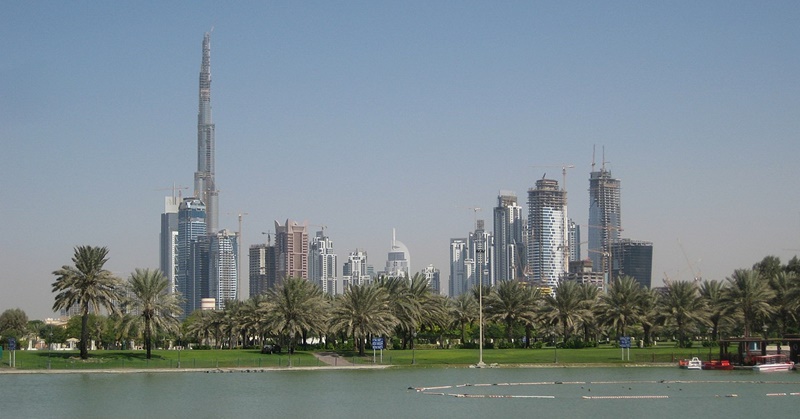The UAE has been among one of the most highly visited places not only by tourists but also by expats who are looking for a place to build a career, while others have come to a decision of permanently living in the country with their family.
Also Read: Practical Guide to Cost of Living in Dubai for Entry-Level Expats
It’s not at all surprising, too, considering the UAE’s high standard of living, low taxation, and lucrative salaries – on top of the warm, sunny weather – which are among some of the things which have attracted expats to stay here through the years.

Here are Important Financial Questions to Ask Yourself when Living in UAE
But beyond those things, for expats who do not intend to stay in this country for the rest of their lives, here are several financial questions you should ask yourself in order to profit from your time in the UAE:
- Is there an expat package I can get? What are its benefits?
Among the things included in traditional expat packages are accommodation, transportation, medical, education and yearly travel allowances. However, in recent years, these packages no longer include all of the said benefits, or at least not to the same degree.
Consider these things, because the lack of these would inform your financial planning, thereby reducing disposable income.
- What taxes do I have to pay?
As mentioned, one of the great things about being an expat in the UAE is that you get to enjoy a tax-free income. While there may be a 5% VAT on certain goods and purchased items. However, an expat’s tax residency may also have an effect on their global tax implications.
Let’s use the UK for example: Although a UK expat living in the UAE won’t be required to pay any tax, it doesn’t necessarily mean that they will be exempt from paying tax in the UK.
Different countries follow different tax regulations, and the income taxed from expats depends on which country you are a tax resident of. Fortunately, most countries have double taxation treaties to reduce expats’ tax liability. Also, certain countries offer an earnings threshold or minimum limit to global earnings before taxation. These rules are specific to different countries, and it’s important that you learn more about this as part of your preparation before moving into another country overseas.
- What happens with my financial adviser should I relocate?
Considering the fact that most expats move from one country to another within a certain period of time, it’s important that if you move in the future, your finances will be looked after and that you get to enjoy continuity of service, with a financial advisory company with cross-border expertise and a global presence.
That said, seeking the right financial advice is key to making the most of your time in the UAE, safeguarding your assets and securing your financial freedom based on your goals.
- How can I make sure that I get to save enough?
Saving is fundamental to financial independence and generating wealth. It allows us to become financially secure and provides a safety net in light of unforeseen circumstances or emergencies that may occur.
Many expats coming into the UAE work there for an average of between three and five years, so it’s vital that they make the most of their time there. It would be most disappointing to leave without having accumulated more savings than if they’d remained in their home country.
And one of the more effective ways for expats in the UAE to save is to consider they are working in their home country and paying income tax. You can do this by setting aside a percentage of your income tax but instead allocating it to your savings at the end of the month. It’s a simple discipline, and if supported with the right savings plan, it can inform you that you are on the right track to future financial freedom.
Furthermore, you can consider getting offshore savings plans as a way to earn a better rate of interest than onshore alternatives. Since the majority of these are multi-currency, and there is a vast range of account types such as easy access, notice, no-notice, fixed-rate and monthly interest – they will allow you to build funds for your future.
There’s no doubt that living in the UAE can be one of the most fulfilling experiences any expat can have. However, in order to achieve this, you must plan accordingly and consider your financial disposition in reference to your goals and plans for the future.
ALSO READ: 7 Tips for Expats Moving to Dubai to Work